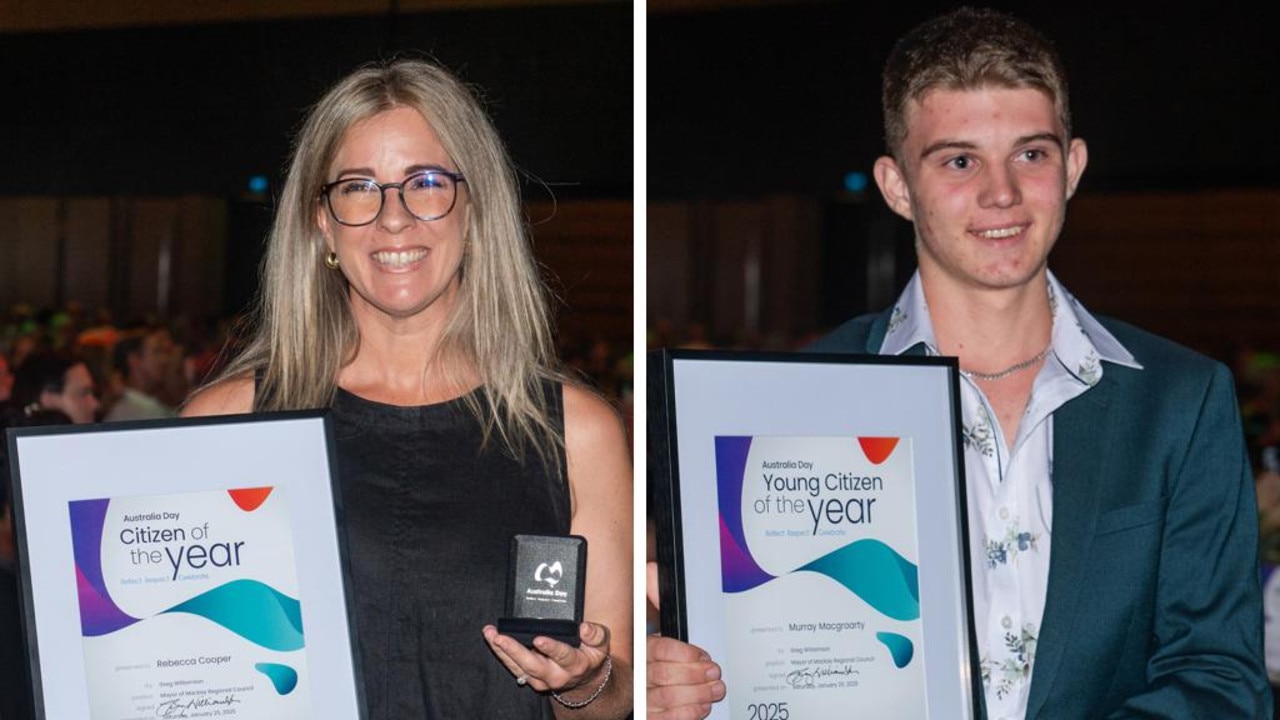‘He’s got a knife’: officers killed in the line of duty
A cold-blooded plot in the face of financial ruin left two police constables poisoned and shot in the head during Central Queensland's gold rush.
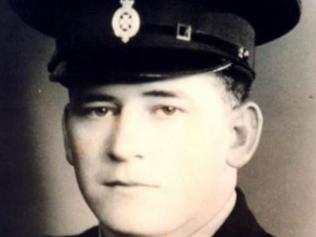
Mackay
Don't miss out on the headlines from Mackay. Followed categories will be added to My News.
AS THE Mackay community takes a moment to remember all the men and women in blue who work tirelessly to keep the region safe, 11 names stand out.
They are the 11 officers - linked to this district - who have died in the line of duty. Read their stories.
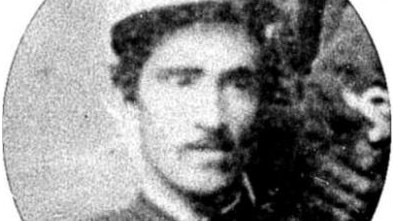
A COLD-BLOODED plot in the face of financial ruin left two police constables poisoned and shot in the head during Central Queensland's gold rush.
Constables Patrick William Cahill and John Francis Power were murdered at the Mackenzie River Crossing while escorting a consignment of bank notes and bullion from Rockhampton to Clermont.
And the prime suspect - Rockhampton's gold commissioner John Thomas Griffin.
He had decided to join the escort when it left in late October 1867.
Not long after the party had begun their journey, officer in charge Sergeant Julian accused Griffin of trying to poison him and refused to go any further, so Constables Cahill and Power were left to act as escorts.
At Mackenzie River Crossing, south of Mackay, Griffin stayed at the local inn while the two officers camped close by - during the night the innkeeper heard gun shots.
He raised this with Griffin the next morning, but the gold commissioner dismissed it as the constables shooting at dingoes. Griffin returned to Rockhampton without checking out their camp.
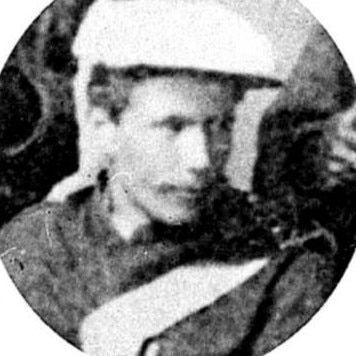
Days later in early November a bushman found the dead bodies of the two constables.
As soon as the discovery was made a group including a high-ranking police, a doctor and the bank manager and prime suspect Griffin immediately left Rockhampton.
After examining the bodies a doctor determined the two officers had been poisoned and then shot in the head.
Griffin was arrested and taken back to Rockhampton as a prisoner.
An investigation uncovered Griffin was heavily in debt and had taken money from the bank bags before the escort left Rockhampton.
He was put on trial for murder in March 1868. Despite an impassioned plea of innocence, he was found guilty and sentenced to death.
He later confessed to the crime before he was hanged on June 1, 1868.
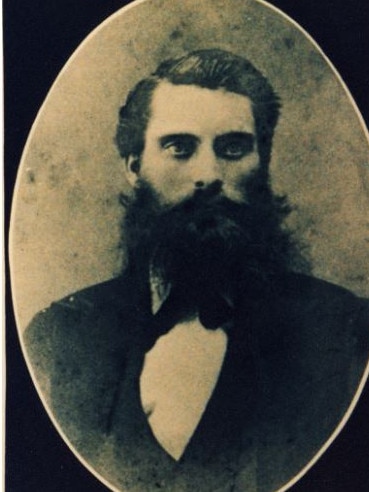
MACKAY'S gaol became the scene of a bloody double axe murder that claimed the life of Acting Sergeant David Johnston.
In 1888 a new lock-up was built to house the increasing number of prisoners - it had five cells, as well as other buildings, surrounded by a high fence on the northside between Vines and Barnes creeks, and was declared a prison in 1893.
Act Sgt Johnston was gazetted superintendent of the jail in 1898.
Fast forward four years - on Sunday, October 26, 1902, 12-year-old Alice Gunning vanished on her way home from Mass. When her body was later found her head had been crushed with a rock.
Suspicion for the vile murder fell on Sow-Too-Low, a Malaitian labourer who lived and worked at Habana. He was arrested three days after she disappeared.
Sow-Too-Low was taken to the murder scene and confessed to the crime - he was remanded in custody at Mackay prison while he awaited his trial.
But his dislike of soap and water resulted in loud complaints from other prisoners and it was not long before he went on a murderous rampage.
At 2.15pm on Sunday, March 29, the following year Sow-Too-Low attacked fellow prisoner John Martin with an axe, killing him with a vicious blow to the head.
Unarmed Act Sgt Johnston came running into the yard and as he leaned over Martin's body Sow-Too-Low rushed from behind and buried the axe in his head before he retreated to his cell where he was contained after unsuccessfully trying to attack another prisoner.
On May 12 Sow-Too-Low was found guilty and sentenced to death for the double murder and was hanged on June 22, 1903, at Boggo Road Jail.
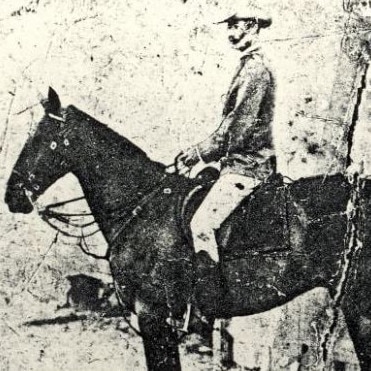
ONE Mackay Police Station officer paid the ultimate price during a probe into sly grog trading in Mackay's Chinatown
It was the evening of December 23, 1905, and Constable Albert George Price was patrolling when about 6.30pm a drunken fight erupted between island workers.
Several men were arrested before Constable Price returned to Chinatown to stop any further fights and investigate reports of sly grog trading.
Police were confident they had enough evidence on a man named Johannes, who they believed was using his fruit shop as a cover - Constable Price and another officer were sent back to Chinatown about 8.15pm to make the arrest.
As the two officers entered Johannes's shop they found a drunk woman but no sign of the man they wanted.
He eventually arrived and was met by the other officer - the pair walked inside the shop where Constable Price was waiting.
Johannes was questioned about the woman and when he did not offer sufficient answers, he was arrested and walked from the building.
He told police he would go quietly and Constable Price told his partner, "It's all right, I'll manage him, you see where the woman is."
But moments later Constable Price yelled, "Look out, he's got a knife" and then collapsed in the street. He had been stabbed twice and died within minutes.
Johannes then turned on the other officer, swinging the knife at him before back-up in the form of a third officer arrived.
Johannes stabbed that officer in the back and ran but was captured in a local hotel.
He was convicted of the murder of Constable Price and hanged on May 14, 1906.
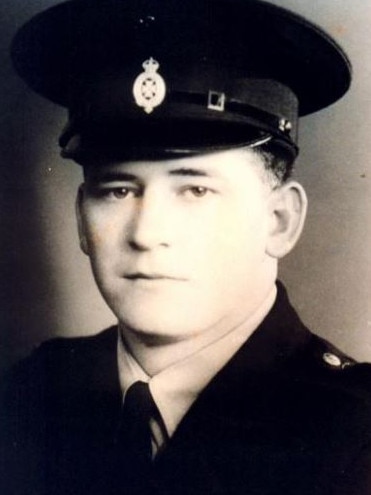
A BRAVE rescue attempt during a flood crisis in 1956 resulted in the tragic death of Constable 1/c Roy Doyle.
On March 29 torrential rain fell on the Pioneer River catchment area - by 5.30am the next day the river had reached 45ft and the floodwaters were deadly.
Mackay police were on hand to maintain control as the area was evacuated, including people being moved to the top floor of the Cremorne Hotel.
The flood peaked at midday, stopping just a few metres from the top floor of the hotel before receding by 3pm.
Constable Doyle was among the officers working at either ends of the Forgan Bridge.
Soon after at 3.30pm a man named Lorenz Heinrich Fedderson, who had been drinking at the hotel, waded into floodwaters and began to swimming out to the deeper section where the current was strong.
He got into difficultly, but two officers noticed his plight and jumped in a row boat in an attempt to help him. But the officers also had trouble when an oar broke and they were forced to jump from the boat.
One of the officers swam towards Mr Fedderson, while the other dragged the boat back to shore.
Constable Doyle decided to help with the rescue and waded to a retaining wall, which he climbed and then dived into the river, striking his head on an unseen but submerged block of concrete.
But he reappeared floating face down in the water, unconscious and with critical head injuries.
He was rushed to Mackay Hospital, but died at 1.40pm on April 1.
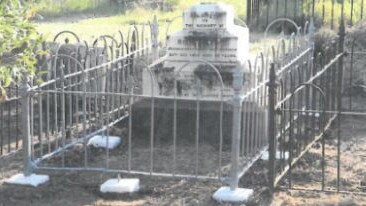
TRAGEDY hit Clermont Police Station many times as multiple officers were struck down.
Constable James Quinn drowned in a flooded creek at Clermont as he tried to rescue others trapped by a flood on January 31, 1896. He was unable to save himself due to the wet and heavy poncho he was wearing.
Constable Frederick Hoge died on June 15, 1908, and falling from a train near Dingo while returning to Clermont from special duty in Rockhampton.
Constable Richard Orme was returning from duty and travelling at a gallop on Northern Rd just under 100km north of Clermont when his horse was staked in the chest. The animal reared and fell over, crushing and killing Constable Orme on December 24, 1905.
Constable William Murray became lost in the bush between Doongmabulla and Laglan stations near Aramac in November 1913. His body was not found until December 2. He was buried near Dunda Creek. Official reports put his actual death as either November 20 or 21.
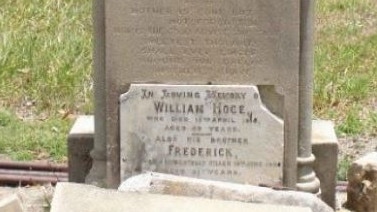
BOWEN Police Station Constable Robert Kyle died from critical head injuries in early 1933.
On April 7 Constable Kyle was involved in a struggle trying to arrest a drunken man. Sadly he fell into the gutter and struck his head on the concrete kerb.
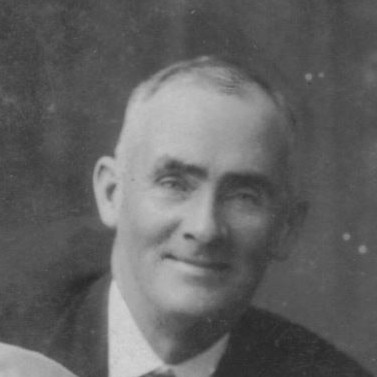
NEBO Police Station's Constable Ernest Pastorelli died as a prisoner of war in 1918.
He joined the Queensland Police in April 1911 after three years in the Royal Artillery in England.
He served four months at Roma St before he was transferred to Mackay where he spent three years.
When the First World War was declared all British Military Reservists were directed to report to duty.
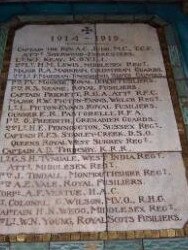
Constable Pastorelli was relieved from police service in August 1914 and reported to Victoria Barracks to return to England where he was assigned as gunner to A Battery of the 156th Brigade of the Royal Field Artillery, which was part of the 52nd Division.
He landed at Cape Helles, Gallipoli, in June 1915 where the division supported the allied troops in action until evacuated in January 1916.
The division was transferred to the Western Front. When the Germans launched a series of surprise attacks in March 1918, Gunner Pastorelli and others were captured and became prisoners of war.
He was reported to have died on October 12, 1918, from exhaustion while a prisoner at a war hospital in Palestine just before hostilities ended.
All information was sourced from the Queensland Police Service.

